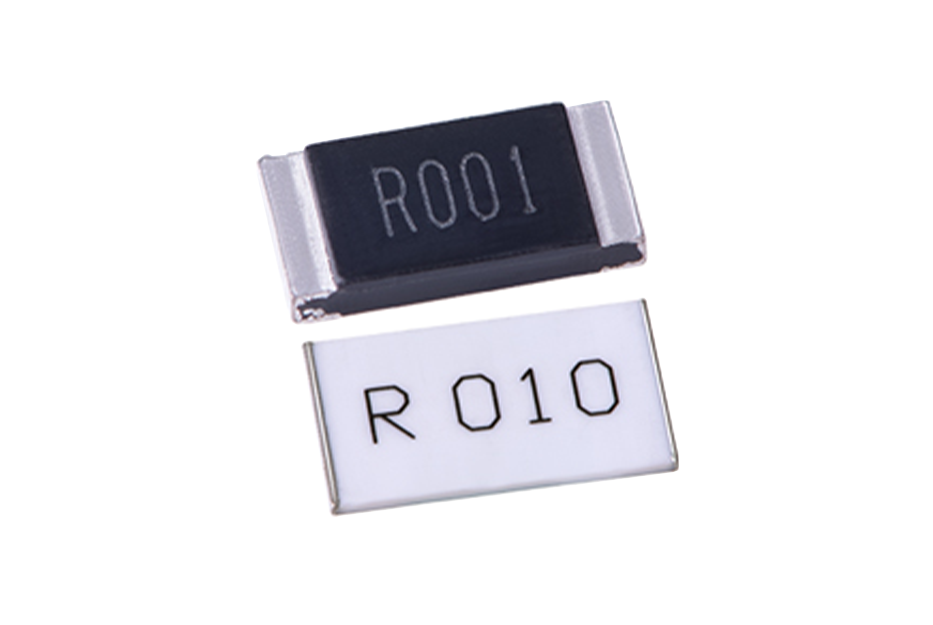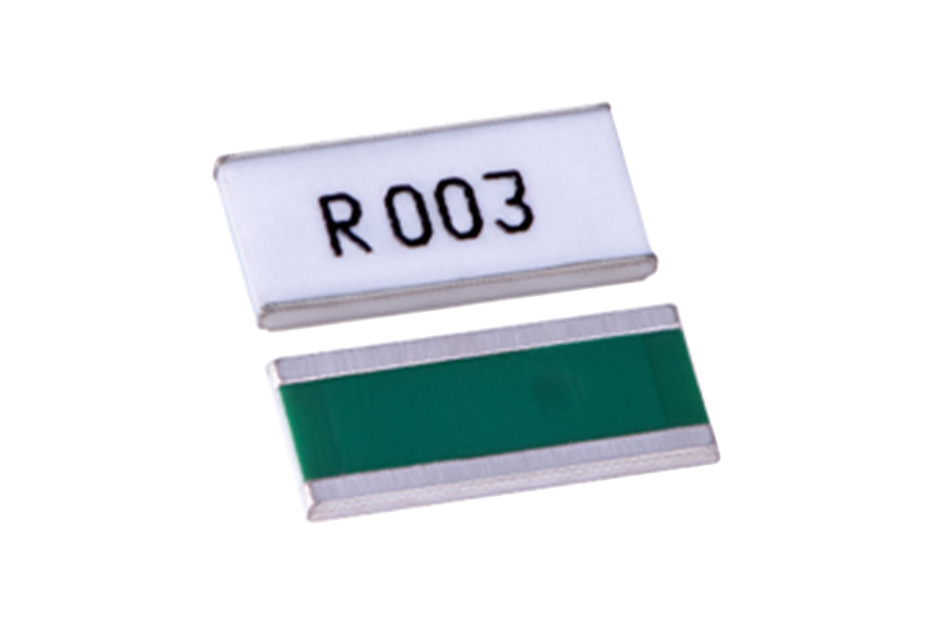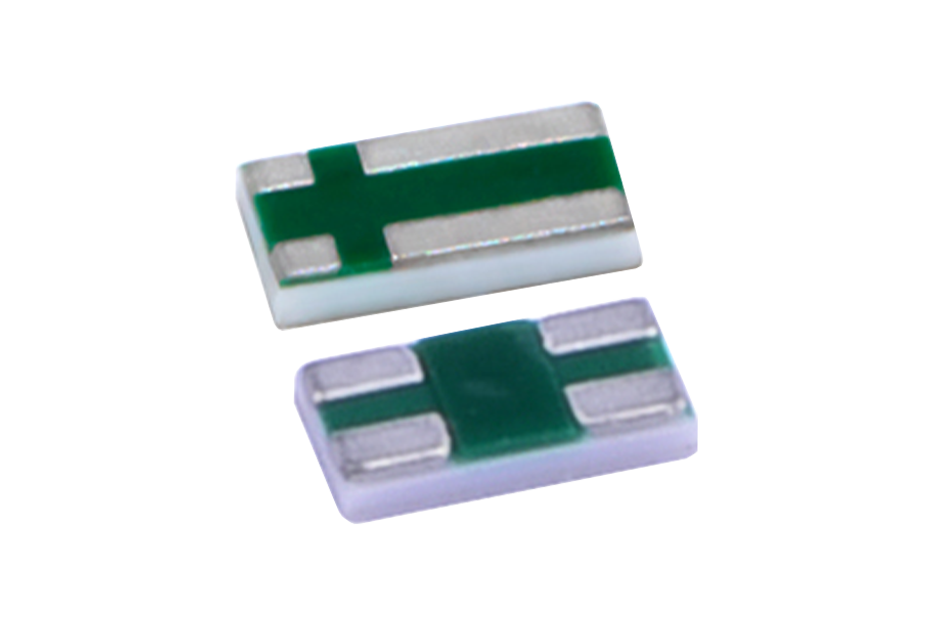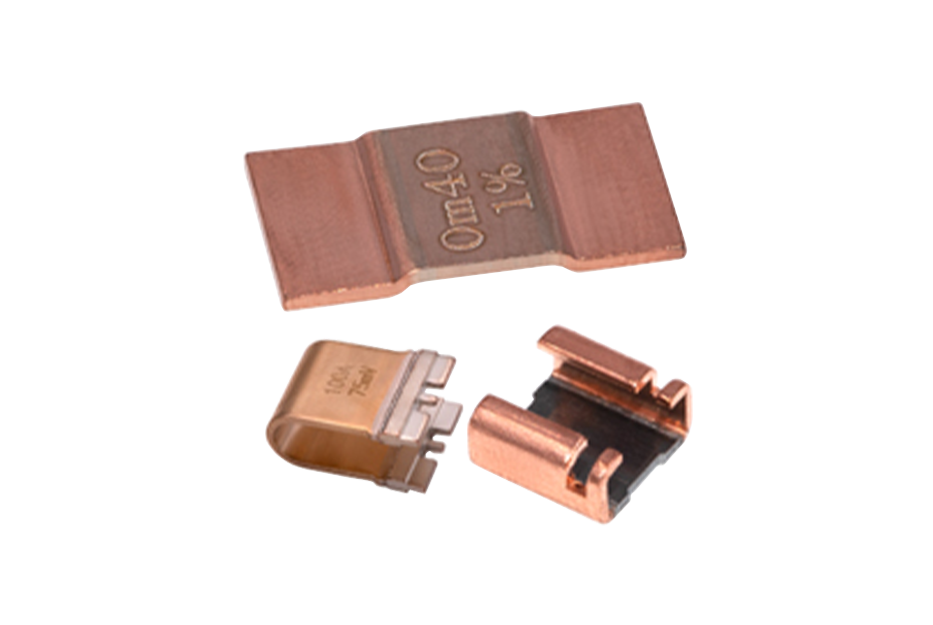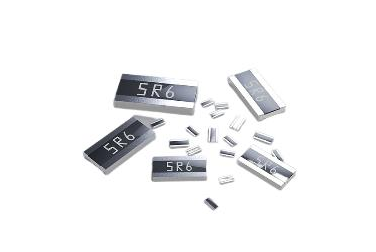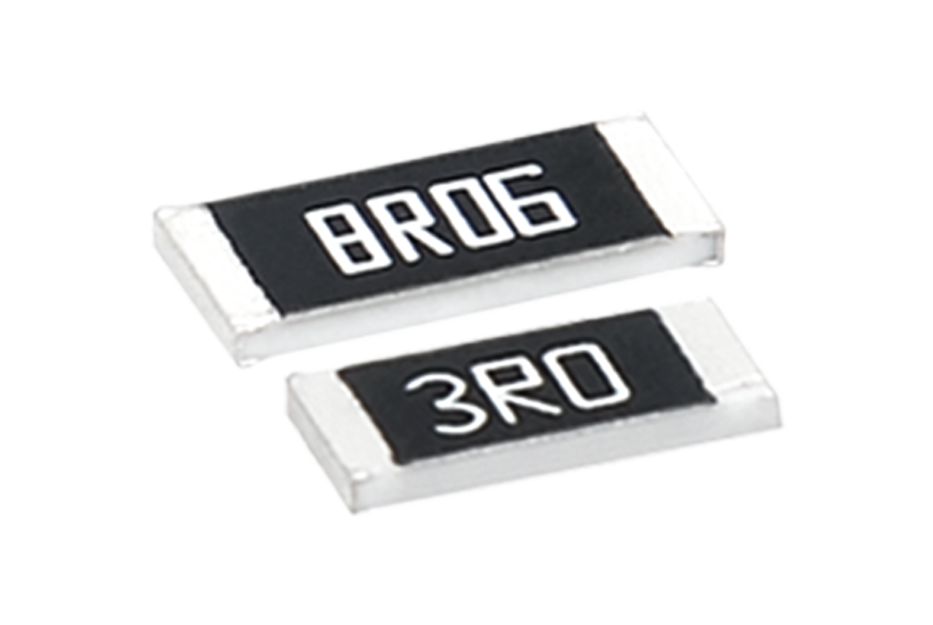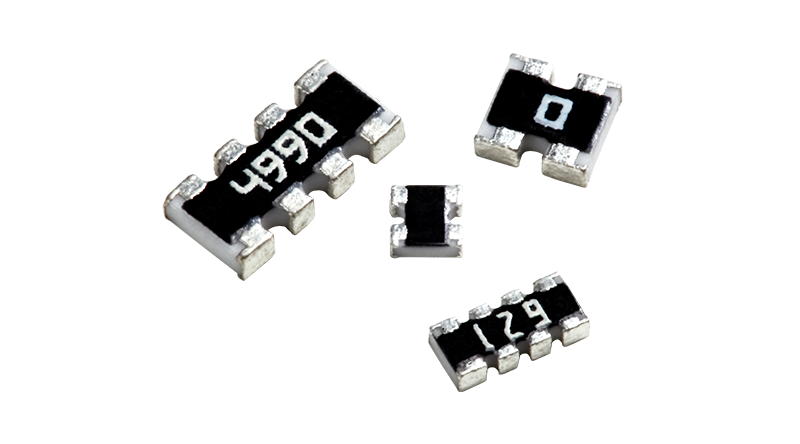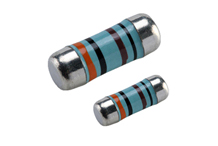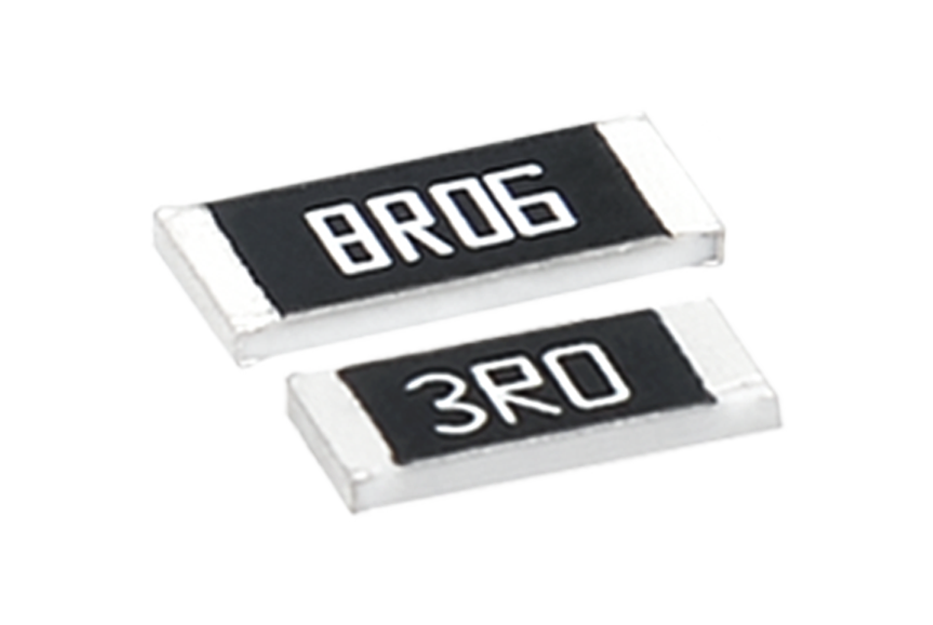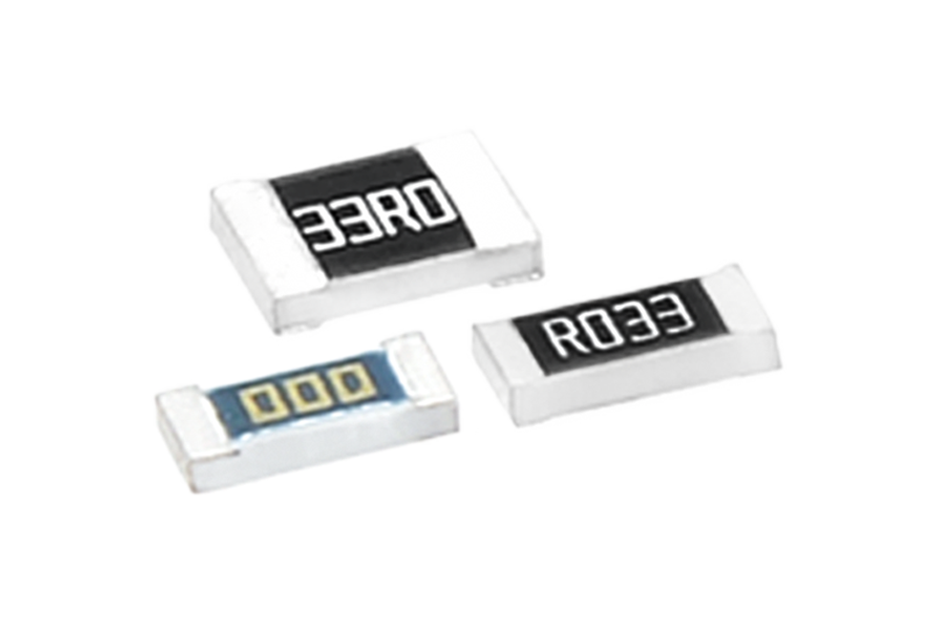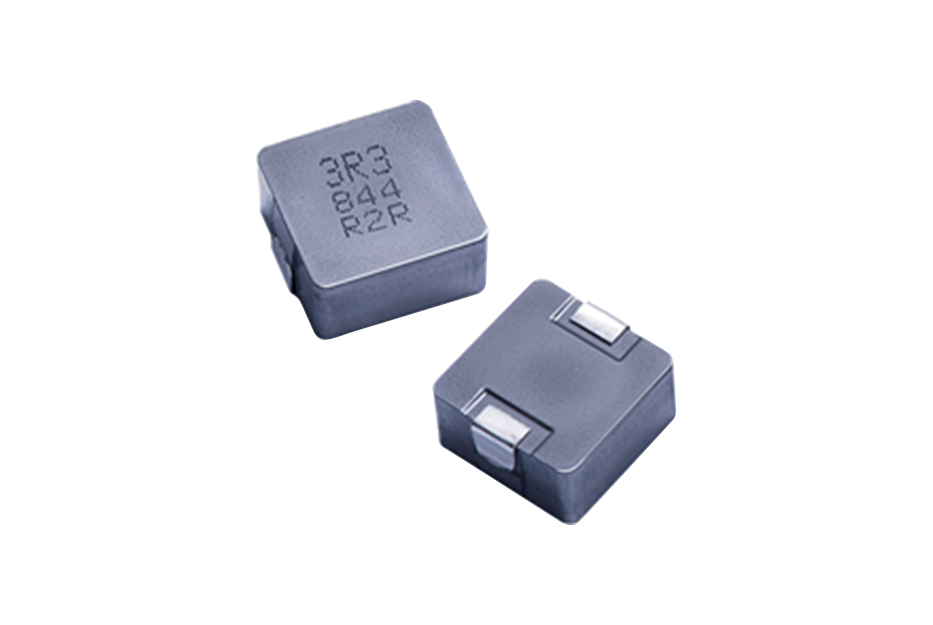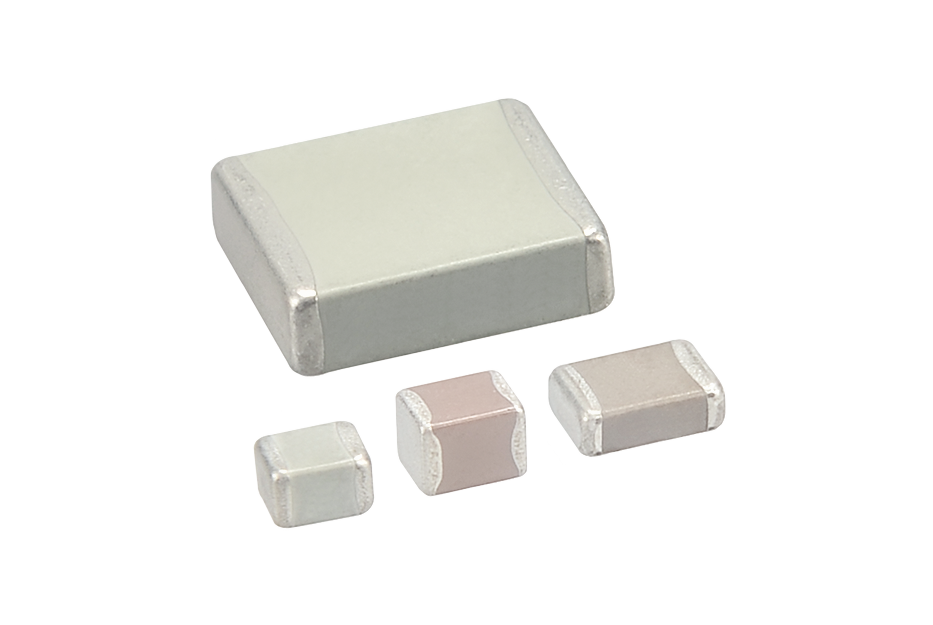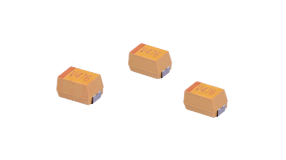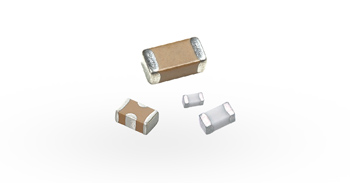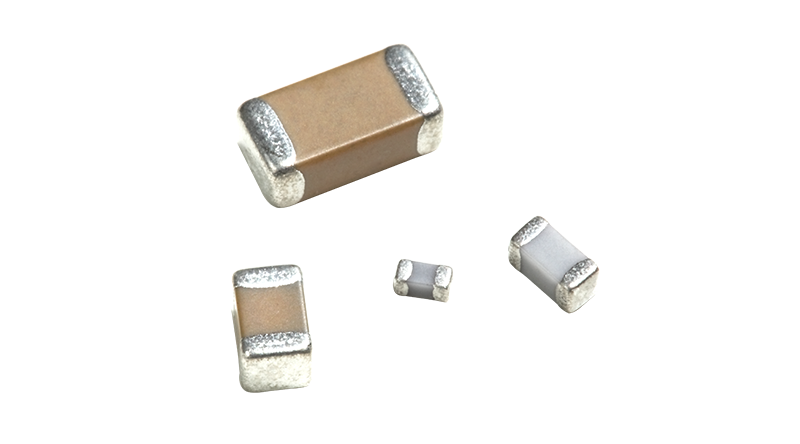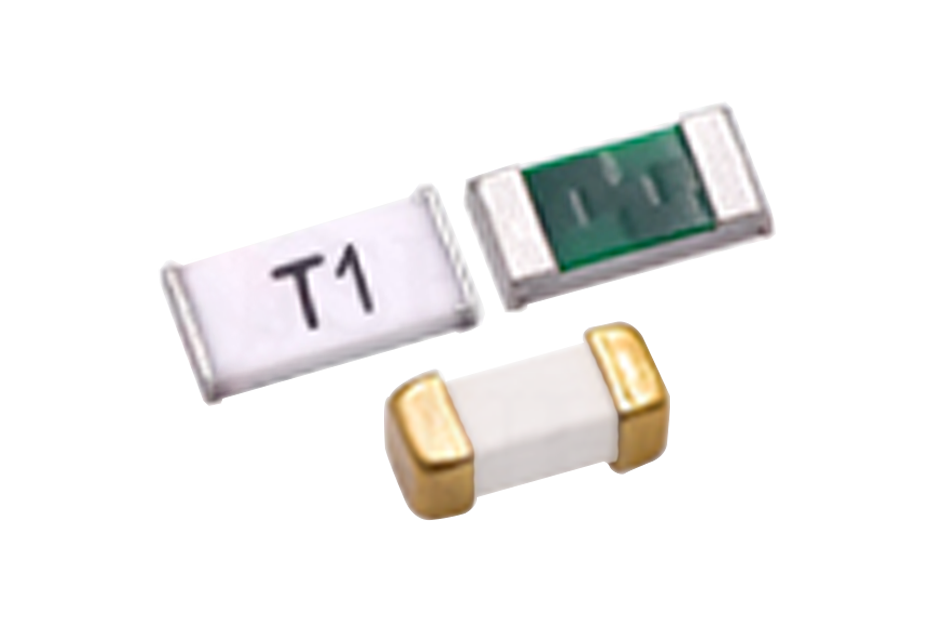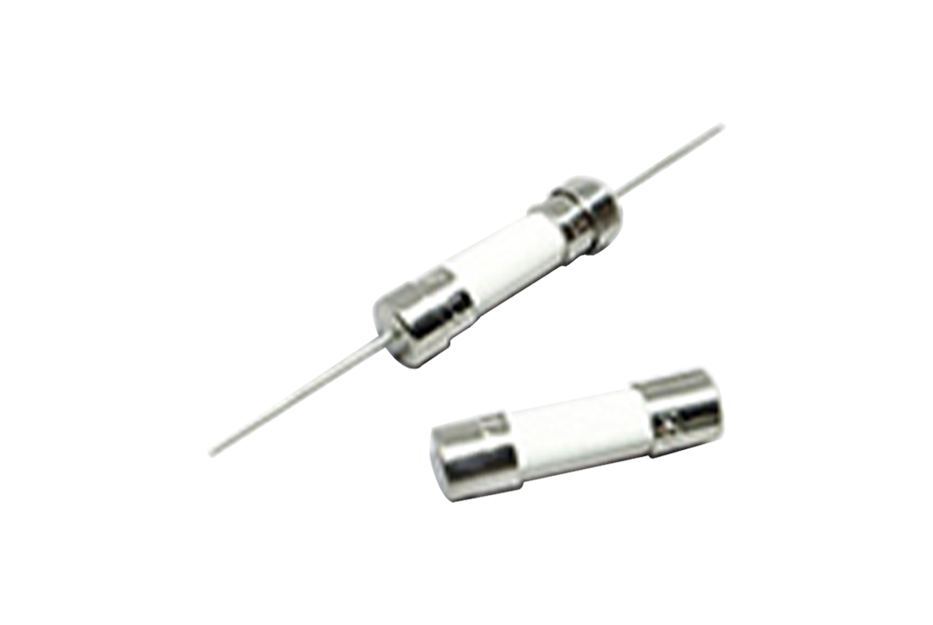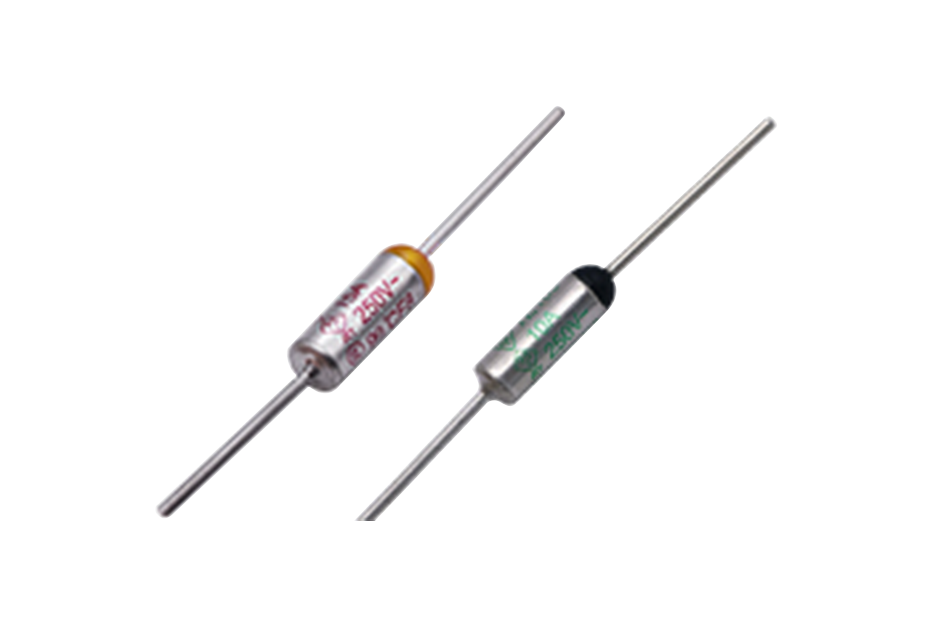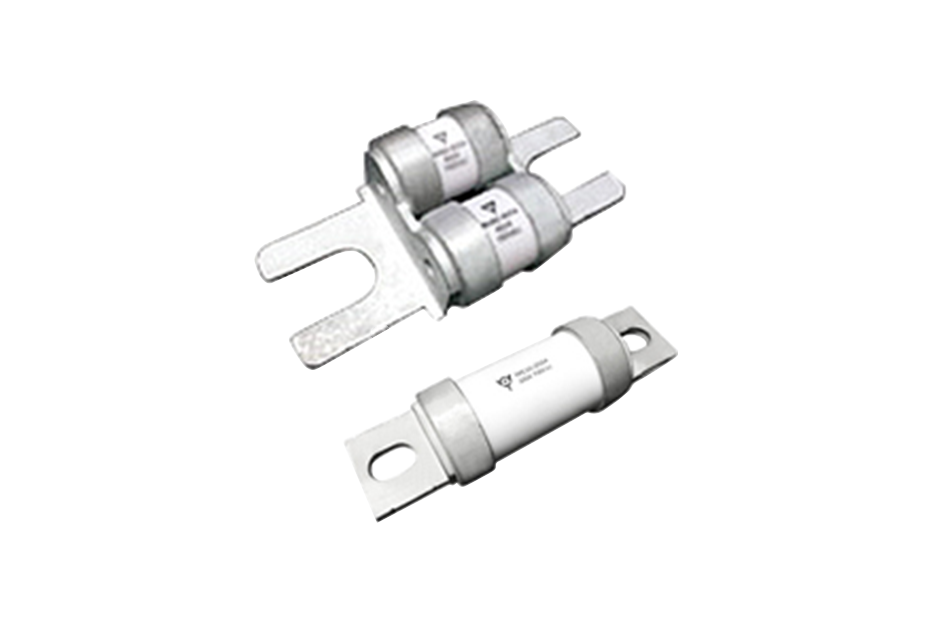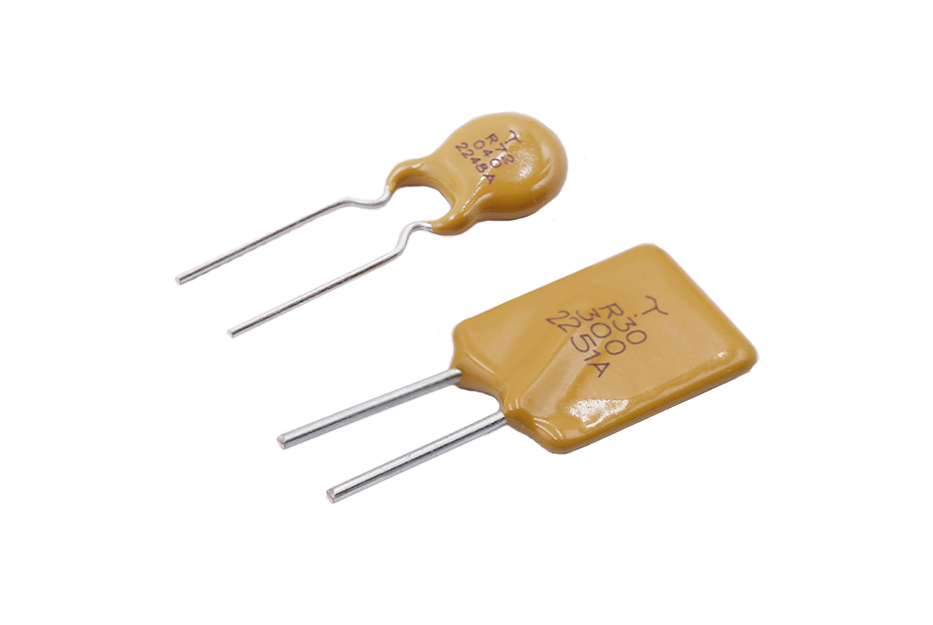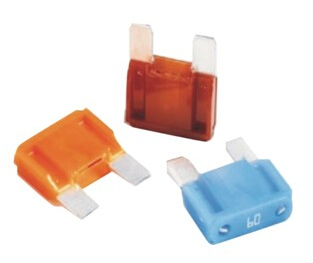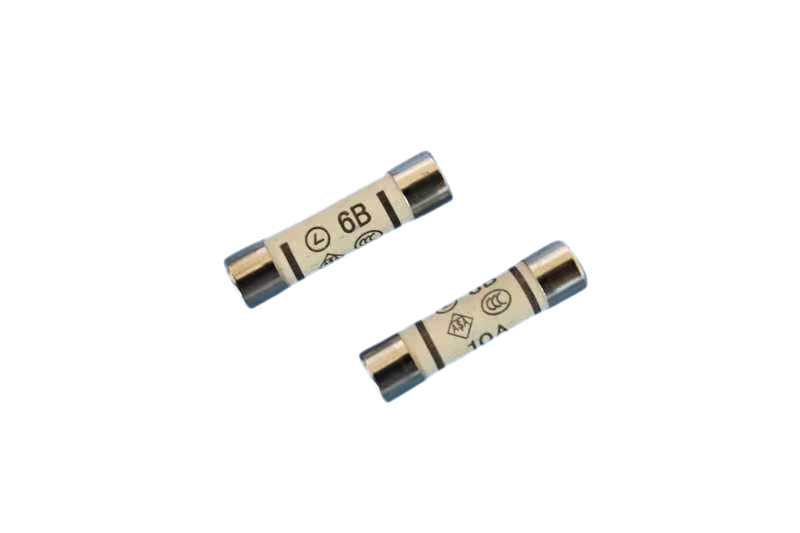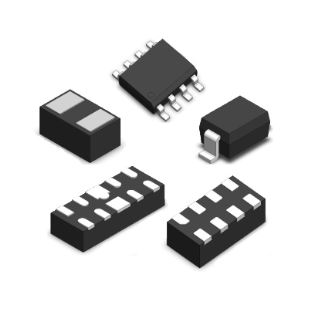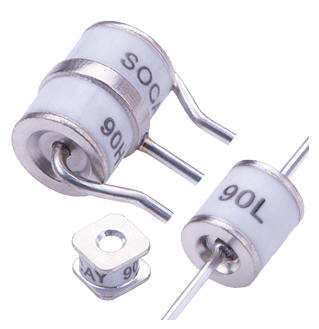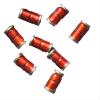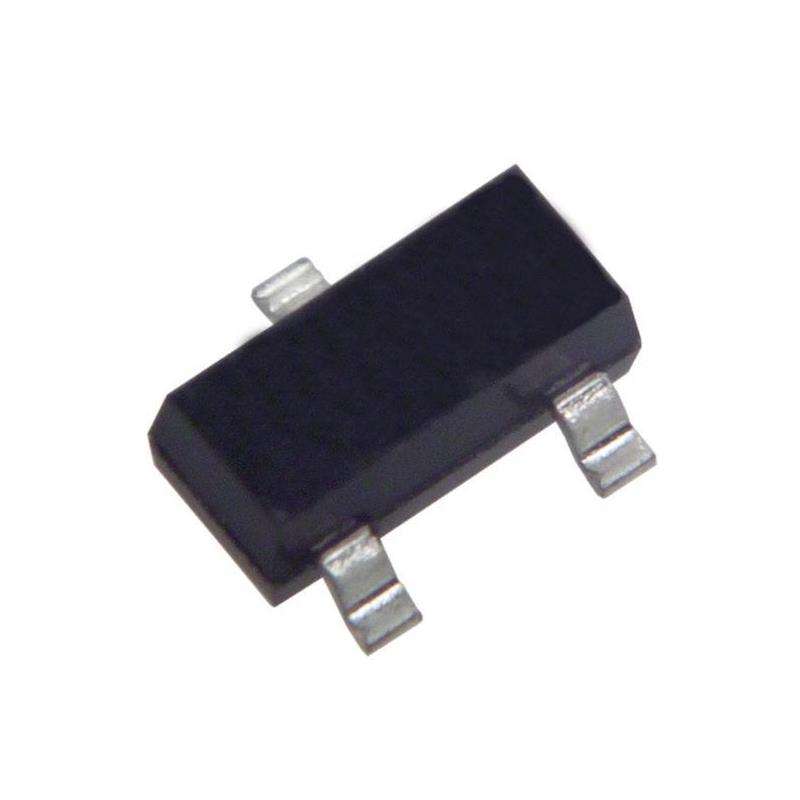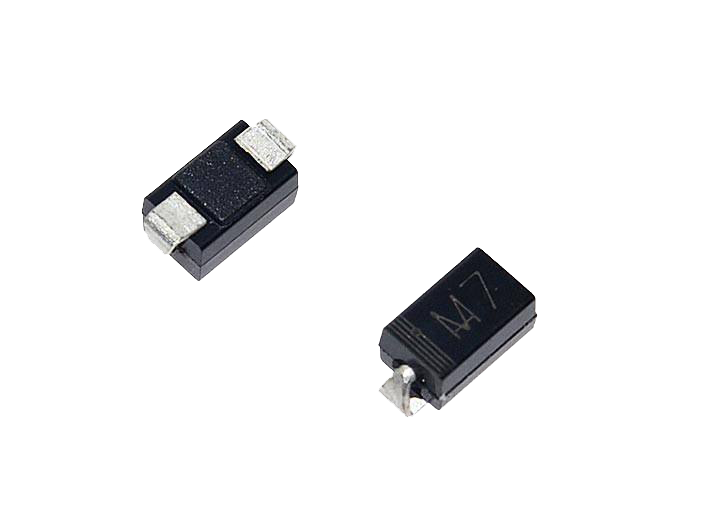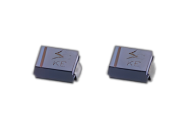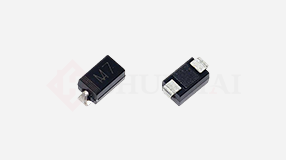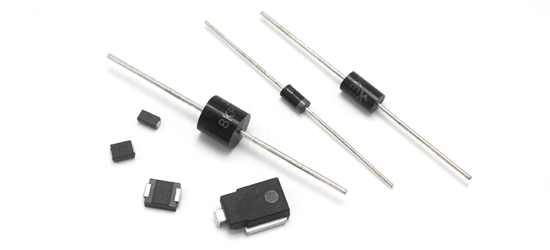Anti surge resistance and anti vulcanization resistance are two commonly used resistors in electronic components. Although they are all resistive components, their functions and characteristics differ greatly. This article will introduce the differences between surge resistance and vulcanization resistance.
Anti surge resistance is also known as overvoltage protection resistance. It is a component that can protect the circuit from voltage interference. In the circuit, when overvoltage occurs, the surge resistance will automatically start, reducing the voltage to a safe range and protecting the circuit from damage.
The surge resistance has the following characteristics:
High resistance value: The resistance value of surge resistance is generally between thousands of ohms to several megaohms, so it can withstand higher voltages.
Low power: When anti surge resistors work, they generate a large amount of heat. In order to avoid overheating, low power anti surge resistors are generally used.
Quick response: Anti surge resistors need to be able to quickly respond to changes in the circuit, thus having a high response speed.
High withstand capacity: Anti surge resistors need to be able to withstand overvoltage in the circuit, thus having high withstand capacity.
High stability: Anti surge resistors need to be able to work in high-temperature environments for a long time, so they have high stability.
Anti surge resistors are widely used in electronic devices, such as power supplies, communication equipment, computers, automotive electronics, and other fields.
2、 Resistance to vulcanization
Anti sulfide resistance is a type of resistance that can resist the erosion of sulfur containing compounds such as hydrogen sulfide. In some special environments, such as petrochemical and coal mining, harmful gases such as hydrogen sulfide can cause corrosion and damage to electronic equipment. Therefore, it is necessary to use anti sulfide resistors to protect circuits.
The anti vulcanization resistance has the following characteristics:
High stability: Anti vulcanization resistors need to be able to work in harsh environments such as high temperature, high humidity, and sulfur compounds for a long time, so they have high stability.
High resistance value: The resistance value of anti vulcanization resistance is generally between thousands of ohms and several megaohms, so it can withstand higher voltages.
Low power: When the anti vulcanization resistor works, it generates a large amount of heat. To avoid overheating, a low power anti vulcanization resistor is generally used.
Corrosion resistance: Sulfurization resistance requires high corrosion resistance to prevent damage caused by substances such as hydrogen sulfide and sulfuric acid.
Anti sulfide resistors are mainly used in fields such as petrochemical, coal mining, and chemical industry to protect electronic equipment from harmful gases such as hydrogen sulfide.
3、 The difference between surge resistance and vulcanization resistance
Different functions: surge resistance is mainly used to protect circuits from voltage interference, while sulfurization resistance is mainly used to protect electronic equipment from harmful gases such as hydrogen sulfide.
Different characteristics: Anti surge resistors need to have characteristics such as fast response and high bearing capacity, while anti vulcanization resistors need to have characteristics such as corrosion resistance and high stability.
Different application ranges: Anti surge resistors are widely used in electronic devices, such as power supplies, communication equipment, computers, automotive electronics, etc., while anti sulfide resistors are mainly used in fields such as petrochemical, coal mining, chemical industry, etc.
In short, although surge resistance and sulfurization resistance are both resistive components, their functions and characteristics are greatly different. When using, it is necessary to select appropriate resistors based on the actual situation to protect the normal operation of circuits and electronic devices.

